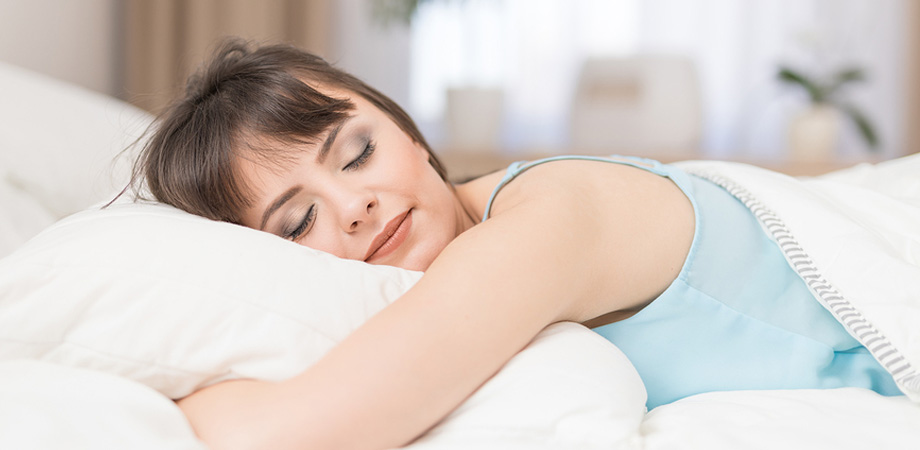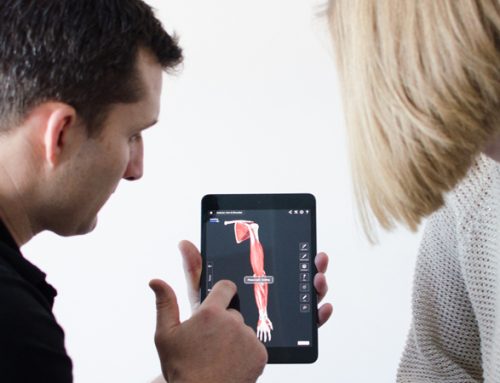There are many factors which contribute to somebody experiencing any kind of pain or injury whether it be an acute sports injury, or persistent back pain which has been present for many years.
Everybody’s scenario is different. Different pains, different jobs, different hobbies, different personalities, different lives. The variables are infinite, and all have to be considered as possible contributing factors
For everybody though, pain and sleep are integrally connected. Pain is very common in the population and even more common in people who have poor sleep, and it can become a vicious cycle. Pain affects your ability to sleep, and the lack of sleep makes the pain seem worse. In treating pain of any kind, getting a good nights sleep is the ace in the pack, it’s number one!
Sleep is the mysterious shift in consciousness that our bodies require every day. It’s vital for our health and wellbeing, and not only do we function less well when we don’t get enough quality sleep, but it can lead to long-term health problems.
We all know how awful we feel and what a slog a days work is when we have had little sleep for one night. In contrast we have all experienced the wonder of a day when we wake after a great nights sleep feeling a wonderful sense of wellbeing.
Most patients with pain sleep poorly and are tired and feel unrefreshed during daylight hours. They often feel pain more keenly at night when they have fewer distractions, and a good night’s sleep is difficult to attain. Think about how you feel through the day at work when you have slept badly. If you add an ongoing unpleasant pain into the equation, it is easy to see how that pain will be more difficult to manage and how your general quality of life is poorer for it. Now imagine the same pain if you haven’t slept well for several weeks or months. Adding this to the increase in emotional distress and anxiety that can also be caused by pain and sleep deprivation, it is easy to begin a vicious cycle of increased pain and even worse sleep.
Not sleeping well is not an option when successfully treating persistent pain and when addressing sleep problems is important to look at it in a holistic way.
Stress management at bedtime
Are you worried about the pain and what it might mean? Are you not able to run, cycle, play sport? Is the pain causing stress in your life that you are not managing well, or cannot find a solution too? Is your employer hassling you about going back to work? Are you fulfilling your perceived role in life to your own expectations? Does your mind just race away with you as soon as your head hits the pillow?
These are just a few reasons why your pain may cause you stress. As you more effectively process your stress at bedtime your sleep will definitely improve.
Good sleep hygiene (that is developing a group of strategies designed to give you a good nights sleep)
For example:
- Minimizing your caffeine intake after 12 noon.
- Don’t get into bed until you are ready to sleep
- Do something relaxing just before bed
- If you are hungry have a light snack
- Concentrate on relaxing each muscle group in your body from head to toe
- Consider breaking the cycle by changing rooms or using pillows to alter your positioning
- Don’t get worked up if you’re not sleeping. Nothing going to make the situation worse than an angry adrenaline rush!
Pain Management/Medications
- Ensure you take your pain medications regularly, without fail.
- Discuss with your doctor whether sleep medications would be good for you. There are many out there. They don’t suit everybody.
Remember, the benefits of sleep cannot be underestimated and sleep medications are often only needed for a short time.
As a physiotherapist managing a patient with persistent pain it’s one of my first obligations to get my patients a good night rest. Life is far more bearable and you will have more energy for the day ahead. It is also a responsibility you must take on when meeting the challenge of managing your own pain.
http://www.spine-health.com/doctor/psychologist/william-deardorff-beverly-hills-ca
http://www.ncbi.nlm.nih.gov/pubmed/26041510
Hanscom D (2012) Back In Control, Vertus Press
Roehrs T, Roth T (2005) Sleep and Pain: Interaction of two vital functions. Semin Neurol; 25(1): 106-16
Wassing R (2016) Slow dissolving of emotional distress contributes to hyperarousal, Proceedings of the National Academy of Sciences of the United States of America; Vol 113 No. 9, 2538-2543


